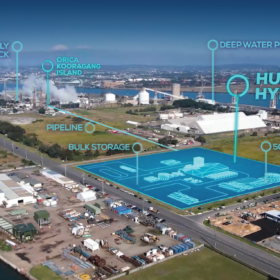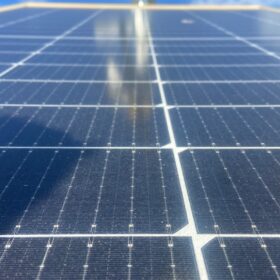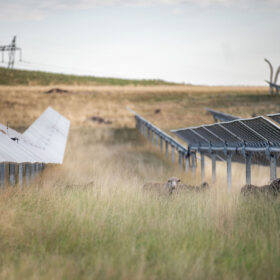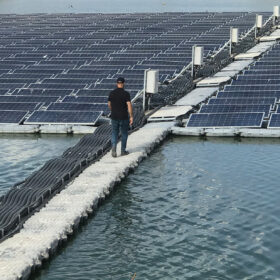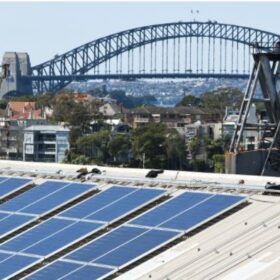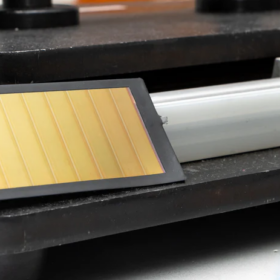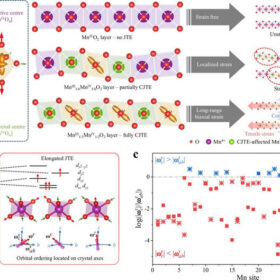Hunter Valley hydrogen hub gets $432 million kick-start
Orica’s Hunter Valley Hydrogen Hub is set to receive up to $432 million in grant funding as the second recipient of ARENA’s Hydrogen Headstart Program.
Ausgrid accelerates vehicle-to-grid revolution in New South Wales
In a first for the company, New South Wales electricity distributor Ausgrid has connected a vehicle-to-grid system to it’s network, allowing electric vehicles to draw and discharge power to and from the grid.
Clean energy research nabs over $2.6 million in grants
Over $2.6 million have been allocated to renewable energy research products involving perovskite cell commercialisation, battery cell aging, next-gen anode technology, electric vehicle charger security, and solving distributed energy resource network constraint complexity.
Report reveals renewable energy potential of Aboriginal land holdings in NSW
A new report highlights the potential for Aboriginal land holdings in New South Wales to accelerate the state’s renewable energy transition, suggesting that strategic support could unlock more than 11 GW of solar energy or 1.6 GW of wind energy.
NSW green bank backs energy projects with $1 billion purse
The New South Wales government’s new green bank is now open for business with an initial $1 billion In funding available to accelerate key energy projects to support the state’s shift from coal-fired power generation to renewables.
Project to test floating PV on farm dams to save water, generate electricity
The feasibility of deploying floating solar systems on farm-based water storages to optimise water retention and generate renewable energy that could serve as an alternative income stream for landholders will be investigated as part of an Australian-first research project.
Ace Power’s 8 GWh battery project clears federal hurdle
A battery energy storage system of up to 1 GW and 8 GWh capacity has been given the green light for northern New South Wales after securing environmental approval from the federal government.
New South Wales councils not waiting for government to mandate electrification
With just 54 months until New South Wales reaches its 2030 50% emissions reduction target, five councils are taking matters into their own hands to mandate the electrification of all new buildings, except industrial.
Australian cell manufacturer launches first module series
Australian solar cell developer Halocell Energy has launched its first perovskite-based product line with the flexible Ambient Modules series purpose-built for low-light conditions.
Researchers report zinc-ion battery life breakthrough
Australian researchers are reporting a breakthrough with zinc-ion battery technology, developing a new method to significantly boost the structural stability of the cathode material that enables the battery to operate reliably for more than 5,000 charge-discharge cycles.
